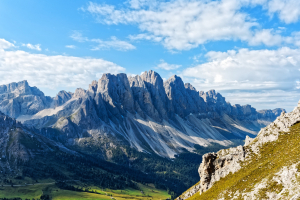Top 10 Descriptive Essay Examples on History
Delve into the rich tapestry of history with Toplist curated collection of the descriptive essay examples on history. From pivotal moments to iconic figures, ... read more...these essays offer vivid snapshots of the past, immersing readers in the captivating narratives that have shaped the course of human civilization.
-
Essay topic: Julius Caesar: The legendary commander. What was so remarkable about this man?
Answer:
Julius Caesar, a name synonymous with power, ambition, and the rise and fall of empires, stands as an indomitable figure in the annals of history. Born in 100 BCE into a patrician family, Caesar's journey from a young aristocrat to a statesman and military commander is a narrative that reverberates through the corridors of time. His legacy, forged in the crucible of Roman politics and conquests, remains an enduring testament to the complexities of leadership.
Caesar's military prowess, perhaps his most defining trait, unfolded in the theatres of war. The Gallic Wars, a series of campaigns between 58 and 50 BCE, showcased not only his strategic brilliance but an unwavering determination to expand Rome's boundaries. The conquest of Gaul not only added vast territories to the Roman Republic but also elevated Caesar to unprecedented heights. His legions, disciplined and devoted, became the manifestation of his charismatic leadership.
Yet, it was not just the battlefield where Caesar left an indelible mark. His political acumen was equally extraordinary. Caesar's ascent from a consul to the dictator for life marked a paradigm shift in Roman politics. The crossing of the Rubicon, a seemingly audacious act, was a calculated move that heralded the end of the Roman Republic and the dawn of the Roman Empire. Caesar's ability to navigate the intricate web of Roman politics, forming alliances and dismantling adversaries, showcased a statesmanship unparalleled in its time.In the grand tapestry of history, Julius Caesar emerges as a complex mosaic of military brilliance and political sagacity. His legacy, a blend of conquests and political maneuvering, reverberates as a testament to the intricate interplay between power and destiny. The pages of time may have turned, but the name Julius Caesar remains etched, a symbol of an era where one man's vision sculpted the fate of an empire.
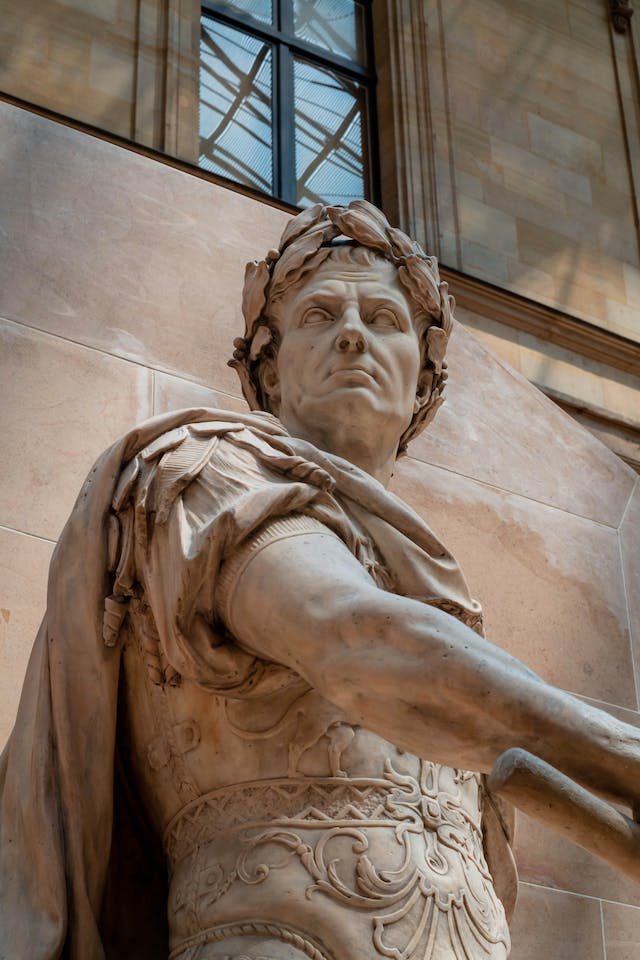
Photo by Alejandro Aznar via pexels 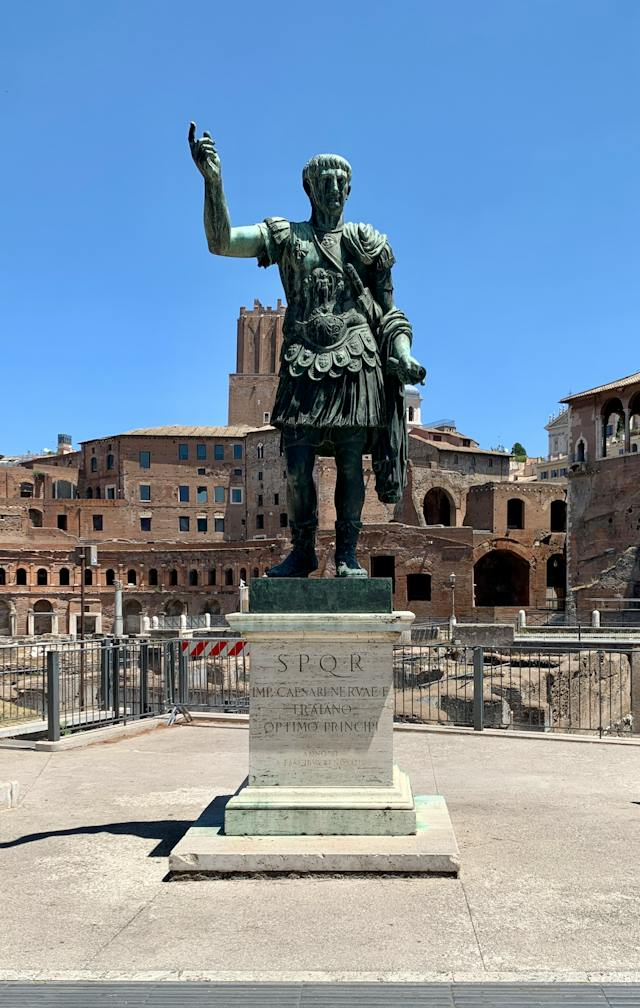
Photo by Joe Ambrogio via pexels -
Essay topic: Napoleon: The king of Europe. What did Napoleon want and what he eventually achieved?
Answer:
Napoleon Bonaparte, a name that echoes through the corridors of history with both reverence and controversy, represents a complex enigma of ambition and conquest. Born on the island of Corsica in 1769, Napoleon would rise from relative obscurity to become one of the most influential figures of the 19th century. His insatiable desire for power and conquest shaped an era defined by military brilliance and political upheaval.
Napoleon's insatiable ambition was fueled by a vision of grandeur and a thirst for personal and national glory. Initially, his ascent through the ranks of the French military during the turbulent period of the French Revolution showcased a tactical brilliance that set him apart. However, it was his appetite for more significant dominion that became apparent as he rose to prominence.
As First Consul and later Emperor, Napoleon's grand ambition was to establish a French Empire that rivaled the glory of ancient Rome. His military campaigns across Europe, often collectively known as the Napoleonic Wars, sought to extend French influence and impose his vision of enlightened despotism. The Code Napoléon, a legal code that standardized laws across the territories he conquered, reflected his aspiration for a unified and administratively efficient empire.
Napoleon's crowning achievement was the establishment of the First French Empire in 1804, with himself as Emperor. His military conquests and reforms reshaped the political landscape of Europe. At its zenith, the French Empire under Napoleon's rule dominated much of the continent, from the Iberian Peninsula to the Russian steppes.In the grand tapestry of history, Napoleon's legacy is one of ambition fulfilled and consequences endured. While he achieved unprecedented success in his quest for territorial expansion and administrative reform, his eventual downfall at the Battle of Waterloo in 1815 marked the end of his imperial aspirations. Napoleon's dream of a lasting empire crumbled, leaving a legacy that continues to spark debates on the nature of power, ambition, and the complexities of governance. Whether viewed as a military genius or a symbol of overreaching ambition, Napoleon Bonaparte undeniably left an indelible mark on the pages of history.
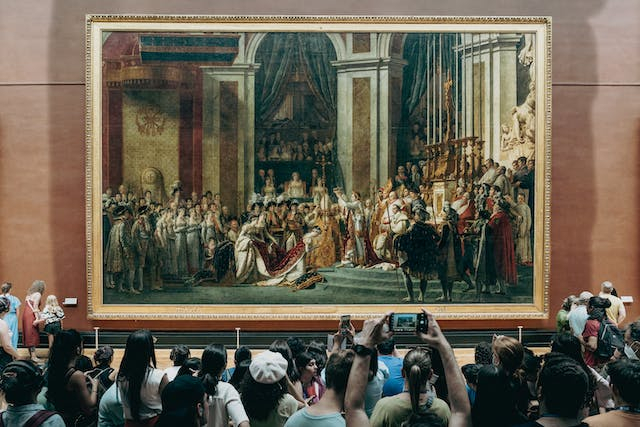
Photo by Wellington Silva via pexels 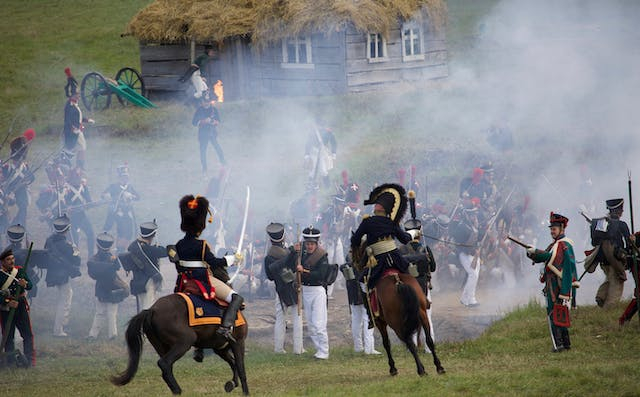
Photo by Dmitrii Fursov via pexels -
Essay topic: The Mayflower - The Voyage of hope. It is one of the most important events in our history. Can we say that this was the Voyage of Hope?
Answer:
The Mayflower, a venerable vessel that sailed into the pages of history in 1620, embodies the spirit of exploration and resilience that defined an era. Laden with the dreams and aspirations of the Pilgrims, this iconic ship embarked on a perilous journey across the Atlantic, bound for the New World. The Mayflower's voyage stands as a testament to the human spirit's indomitable will and the pursuit of a new beginning.
The Mayflower's journey was a pilgrimage of hope, a quest for religious freedom that propelled a group of English Separatists, known as the Pilgrims, towards the unknown shores of the Americas. Fleeing religious persecution in their homeland, they sought a haven where they could worship freely and build a society based on their principles. The Mayflower, with its cargo of 102 passengers, carried not only people but the aspirations of a community yearning for a fresh start.
The arduous transatlantic crossing, fraught with storms and hardship, tested the mettle of the Pilgrims. Yet, amidst the challenges, the voyage became a crucible that forged a sense of unity and determination. The Mayflower Compact, a pact signed aboard the ship, laid the foundation for self-governance in the New World, a democratic ideal that would resonate through the corridors of time.
In landing on the shores of what would become Plymouth, Massachusetts, the Pilgrims realized their vision of a sanctuary for religious freedom. The first Thanksgiving, a celebration of survival and newfound prosperity, marked the culmination of the Voyage of Hope. The Mayflower became a symbol of resilience, a vessel that carried not only people but the seeds of a democratic experiment that would shape the course of American history.In retrospect, we can unequivocally declare the Mayflower's journey as the Voyage of Hope. Beyond the wooden hull and billowing sails lay the collective dreams of a community seeking a refuge for their beliefs. The Mayflower, with its cargo of hope, not only birthed a new settlement but laid the cornerstone for the principles of democracy and religious freedom that continue to define the American ethos. The legacy of the Mayflower endures as a beacon of inspiration, reminding us that even in the face of adversity, the pursuit of hope can chart a course towards a brighter future.
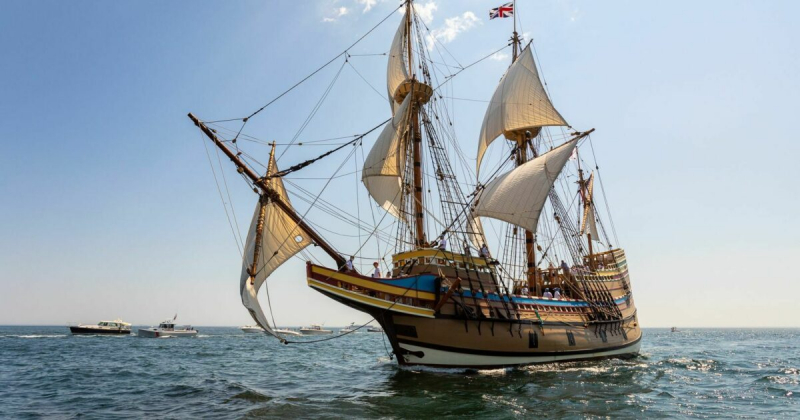
Screenshot via Wikipedia 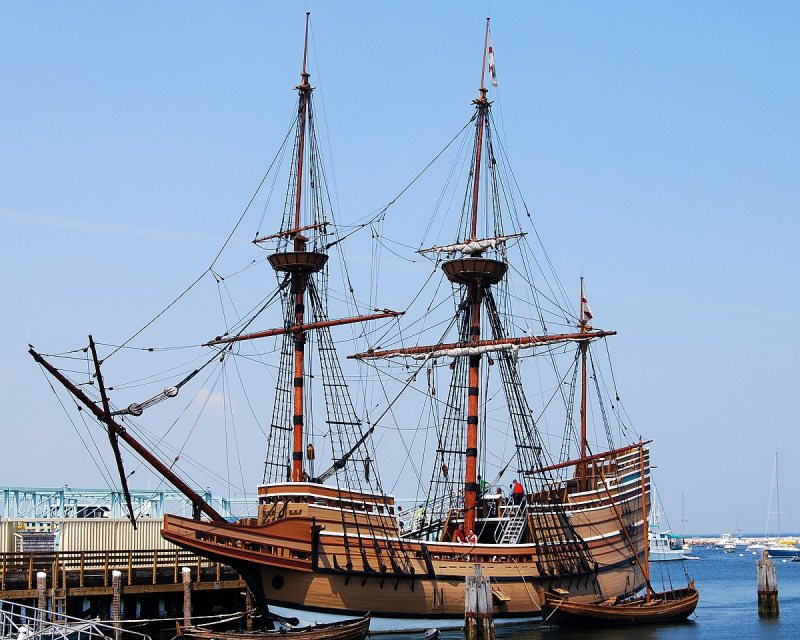
Screenshot via Wikipedia -
Essay topic: The common Americans and the War of Independence. How was this important war perceived by the common Americans? What is war like?
Answer:
The War of Independence, a crucible that forged the birth of a nation, unfolded in the American colonies during the late 18th century. Beyond the pages of historical treaties and military strategies, the heart of this conflict beat within the chests of common Americans. The war was not merely a clash of arms but a visceral experience that would shape the identity and perceptions of a fledgling nation.
For common Americans, the War of Independence was a tumultuous symphony of sacrifice and uncertainty. The call for liberty resonated in the hearts of farmers, tradesmen, and laborers who sought a future free from the shackles of colonial rule. The initial fervor, fueled by ideological passion, gradually morphed into the harsh reality of war. The common American found himself shouldering the burdens of conflict, from leaving the plow to take up arms, to enduring the harsh winter at Valley Forge.
War, for the common American, was a harsh teacher. It meant bidding farewell to family, with no guarantee of return. It meant trudging through mud soaked battlefields, facing the sting of enemy fire, and witnessing comrades fall in the pursuit of freedom. The struggles were not confined to the front lines; families on the home front coped with deprivation, uncertainty, and the constant specter of loss.
However, amidst the hardships, a unifying spirit emerged. The common American, irrespective of background, shared a common dream of self governance and independence. The war became a crucible that forged a sense of national identity, transcending regional differences. The perseverance of the common American against overwhelming odds symbolized the resilience that would define the American character.The War of Independence was not merely a series of battles. It was an epochal chapter in the collective narrative of common Americans. It revealed the depths of sacrifice, the grit of resilience, and the enduring spirit that would lay the foundation for the United States. As the smoke of musket fire cleared, the common American emerged from the crucible of war, forever changed, with an unyielding belief in the principles of liberty and the enduring power of a united people.
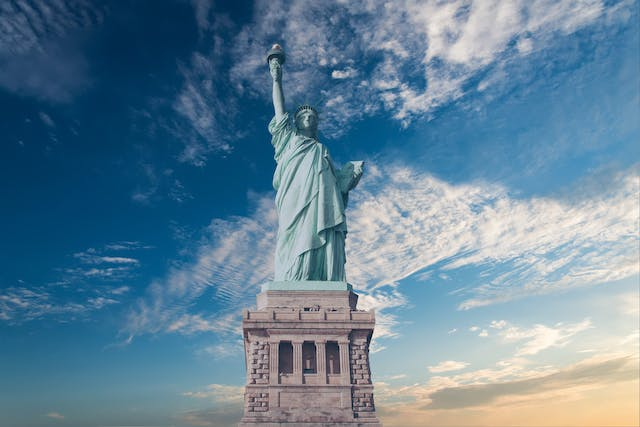
Photo by Pixabay via pexels 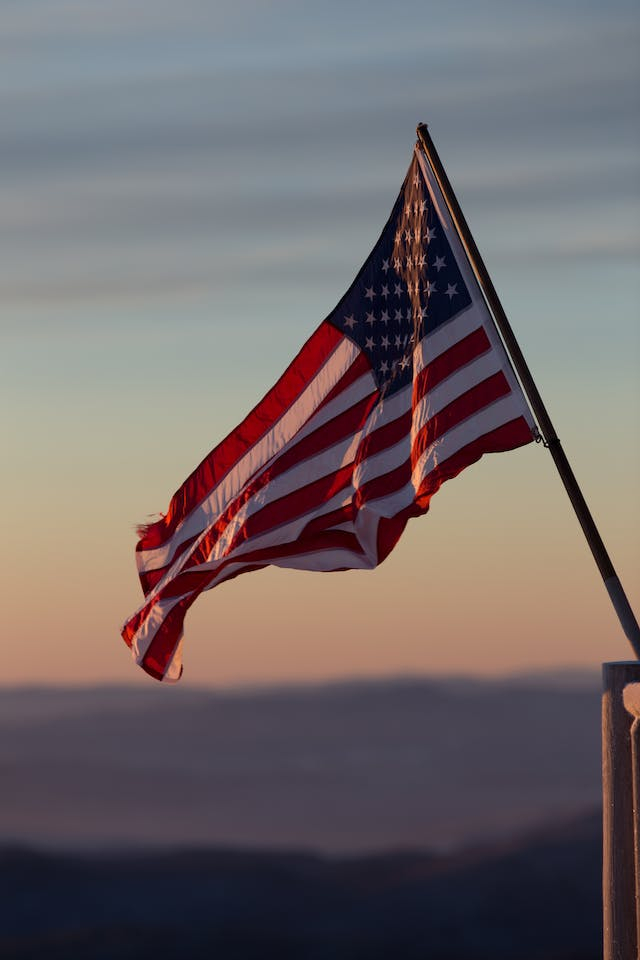
Photo by Sawyer Sutton via pexels -
Essay topic: The tragedy of Pearl Harbor. One of the most devastating battles in our history. Why was Pearl Harbor important for America and what were its consequences? Do you have a family story related to it?
Answer:
December 7, 1941, forever etched in the annals of history as a day of infamy - the tragic attack on Pearl Harbor. As the sun dawned over the Pacific, the tranquility of the Hawaiian morning was shattered by the thunderous roar of Japanese warplanes. The events that unfolded on that fateful day would alter the course of history and cast a long shadow over the American psyche.
Pearl Harbor held paramount importance for America, both strategically and emotionally. The surprise attack by the Imperial Japanese Navy dealt a crippling blow to the U.S. Pacific Fleet, destroying or damaging eight battleships and numerous aircraft. Beyond the physical devastation, the attack galvanized the American resolve to enter World War II. President Franklin D. Roosevelt's iconic words, "a date which will live in infamy," echoed the nation's sentiment as it rallied behind the call to arms.
The consequences of Pearl Harbor were profound. The United States, previously on the sidelines of a global conflict, became a major player, committing its military and industrial might to the Allied cause. The war effort would reshape American society, sparking advancements in technology, industry, and social norms. The scars of Pearl Harbor, both visible and invisible, lingered as a reminder of the high cost of freedom.
In many American families, echoes of Pearl Harbor resonate through personal narratives. My own family carries a story of a grandfather who, in the aftermath of the attack, enlisted to serve his country. His experiences, shared with subsequent generations, reflect not only the tragedy of war but also the resilience and unity forged in its crucible.
Pearl Harbor stands as a watershed moment in American history. Beyond the devastation and loss, it ignited a flame of national determination that would illuminate the path towards victory. The consequences, both immediate and enduring, shaped the trajectory of a nation and left an indelible mark on the fabric of American identity. As we reflect on the tragedy of Pearl Harbor, we recognize the courage and sacrifice that emerged from the ashes, ensuring that the lessons learned resonate through generations.
Photo by analog bukucu via pexels 
Photo by IDRISS BELHAMADIA via pexels -
Essay topic: The most important event in our history. What is it according to you? Describe it and say what influence it has had on America.
Answer:
In the vast tapestry of American history, one event stands as the linchpin that irrevocably altered the nation's course - the signing of the Declaration of Independence on July 4, 1776. This seminal moment not only marked the birth of a new nation but laid the ideological groundwork for the United States, shaping its identity and influencing the trajectory of generations to come.
The signing of the Declaration of Independence was a watershed moment, a bold proclamation that severed the ties binding the American colonies to British rule. Crafted by visionaries such as Thomas Jefferson, the document articulated the inalienable rights of life, liberty, and the pursuit of happiness. It declared America's intent to forge an independent path, casting off the yoke of tyranny.
The influence of this pivotal event reverberates through the very soul of America. It sparked a revolutionary fervor that rallied disparate colonies under a common cause, laying the foundation for a democratic experiment that defied the prevailing norms of its time. The revolutionary spirit embedded in the Declaration fueled the perseverance of the Continental Army, instilling in its ranks the conviction that they fought not merely for independence but for a revolutionary idea - the concept that a government derives its power from the consent of the governed.
The aftermath of the Declaration of Independence saw the birth of the United States of America, a fledgling nation that embarked on a journey fraught with challenges. The principles enshrined in the document became the bedrock of the Constitution and the Bill of Rights, shaping the democratic governance that defines the nation to this day.
In the grand tapestry of America's history, the signing of the Declaration of Independence stands as the lodestar, guiding the nation through tumultuous times and inspiring generations to cherish the ideals of freedom, equality, and self determination. Its influence permeates every facet of American society, from the halls of government to the aspirations of its citizens. As we reflect on this seminal event, we recognize it not only as a declaration of independence but as the genesis of a nation whose resilience and commitment to democratic ideals continue to shape the world.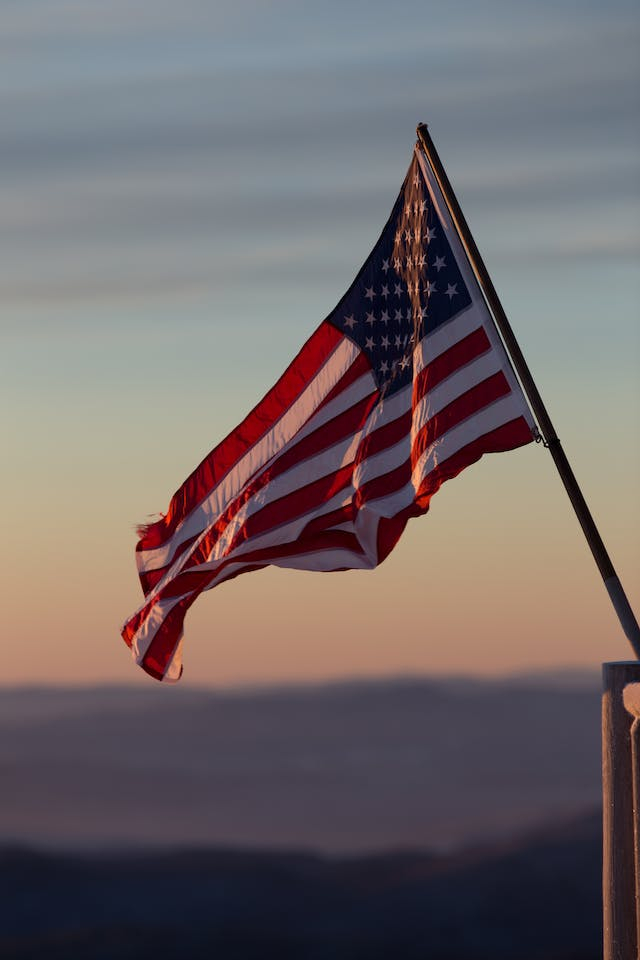
Photo by Sawyer Sutton via pexels 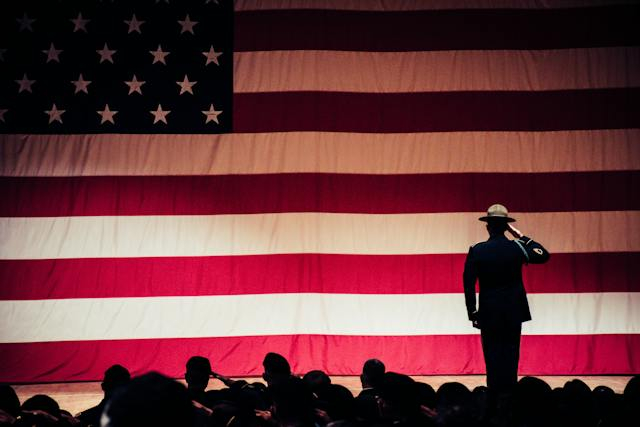
Photo by Brett Sayles via pexels -
Essay topic: The greatest person in our history. Why has he/she and what has he/she done?
Answer:
George Washington, a towering figure in the annals of American history, holds a paramount significance that resonates through the very soul of the nation. As the Founding Father and first President of the United States, Washington leadership and unwavering commitment played an instrumental role in shaping the identity of America.
George Washington importance to America stems from his pivotal role in the quest for independence. As the commander in chief of the Continental Army during the Revolutionary War, he navigated the fledgling nation through the crucible of conflict, displaying strategic brilliance at key battles. Washington resilience during the darkest hours, exemplified in the harsh winter at Valley Forge, inspired his troops and forged the determination that led to ultimate victory.
Beyond his military prowess, Washington's leadership in the Constitutional Convention of 1787 laid the groundwork for the American political system. His vision for a strong and united federal government, balanced by a system of checks and balances, became the blueprint for the U.S. Constitution. By accepting the presidency in 1789, Washington set a precedent for the peaceful transition of power and established the executive office's dignity and authority.
Washington importance to America extends to his ethical framework. His voluntary relinquishment of power after two terms demonstrated a commitment to civic virtue and the ideals of a republic. His Farewell Address, with its emphasis on unity, warned against the dangers of political factionalism and foreign entanglements, providing enduring guidance for future generations.
In the grand tapestry of American history, George Washington stands as a cornerstone, his influence permeating the nation's very essence. His military leadership secured independence, his statesmanship shaped the Constitution, and his commitment to virtue set a standard for American leadership. George Washington is not merely a historical figure. He is a foundational pillar upon which the ideals of democracy, unity, and civic duty rest. In recognizing his importance, America pays homage to a leader whose legacy continues to inspire and guide the nation through its ongoing journey.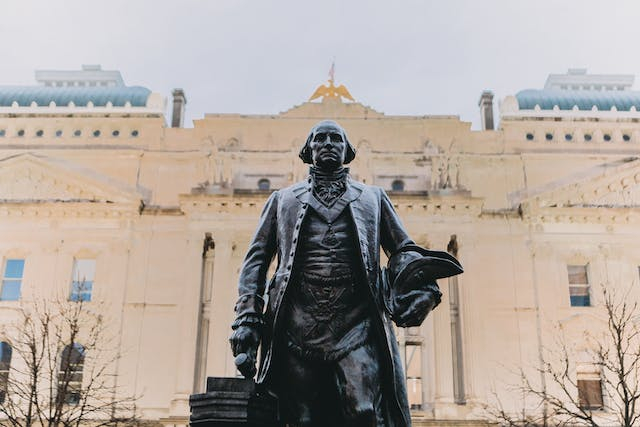
Photo by Steven Van Elk via pexels 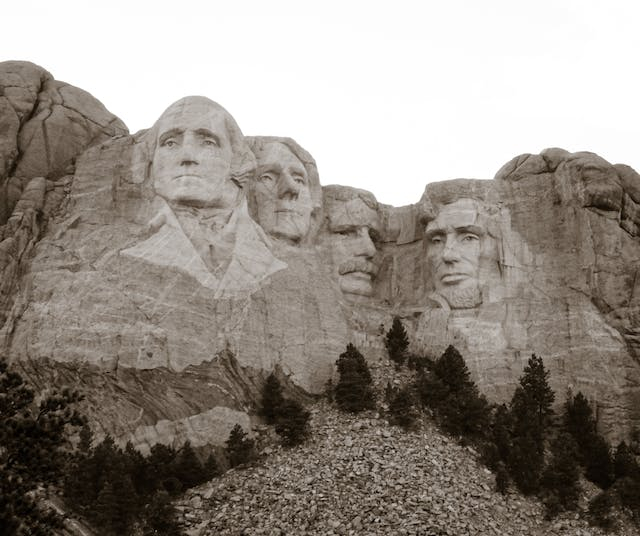
Photo by Jeanetta Richardson-Anhalt via pexels -
Essay topic: A visit to the historical museum. What can one see in such a museum? Here you can describe your own experience.
Answer:
Nestled amidst the verdant landscapes of Asheville, North Carolina, Biltmore Estate stands as a testament to the opulence and grandeur of the Gilded Age. This sprawling mansion, built by George Washington Vanderbilt II, is not just a residence but a living museum that encapsulates the cultural and architectural heritage of America's past.
Upon entering Biltmore, one is transported back to the turn of the 20th century. The mansion architecture, inspired by the châteaux of the Loire Valley in France, boasts intricate details and a scale that mesmerizes. The tour of the mansion unveils a trove of art and artifacts, from European tapestries and paintings to meticulously crafted furniture and objets d'art. Each room is a vignette of a bygone era, inviting visitors to witness the lifestyle of the Vanderbilt family.
The Biltmore Estate is not confined to the mansion alone. Its grounds sprawl over 8,000 acres, hosting sprawling gardens, a winery, and even a village. The meticulously landscaped gardens showcase a botanical diversity that changes with the seasons, offering a vibrant display of nature's beauty. The winery, a modern complement to the estate, allows visitors to indulge in tastings of Biltmore renowned wines, crafted from the estate vineyards.
My own experience at Biltmore was a sensory journey through time and space. Walking through the corridors of the mansion, surrounded by art and history, felt like stepping into a living canvas. The meticulously curated rooms, each with its unique narrative, provided a glimpse into the lives of the Vanderbilt family and the cultural milieu of their time. Exploring the vast estate grounds, from the Italian Garden to the serene Conservatory, was a voyage of discovery, each corner revealing a new facet of Biltmore magnificence.
In the hallowed halls and sprawling grounds of Biltmore, one can witness more than just artifacts and architecture. It is a living museum that encapsulates the essence of an era, offering visitors a glimpse into a world of luxury, culture, and heritage. Biltmore, with its immersive experience, not only preserves the past but invites each visitor to become a part of its timeless narrative.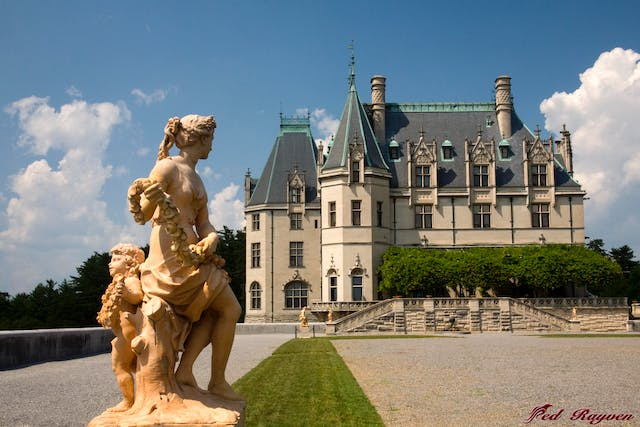
Photo by Ray Strassburger via pexels 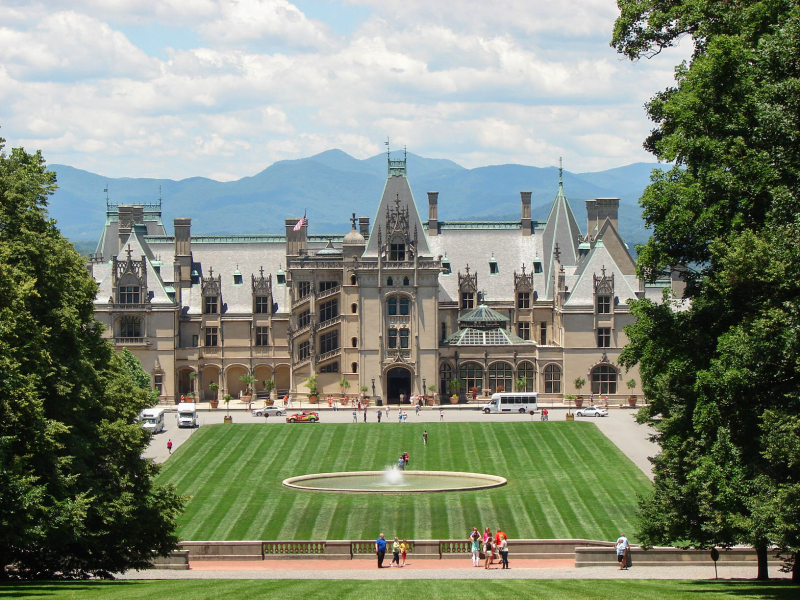
Screenshot via Wikipedia -
Essay topic: A lesson of history - A lesson of life. Is it true that school is always detached from real life? Can a history lesson be identified with a lesson of life and about life?
Answer:
The corridors of academia, adorned with the echoes of lectures and the rustle of textbooks, often evoke the perception that education is detached from the realities of life. Yet, within the pages of history, there lies a profound lesson that transcends the boundaries of the classroom, a lesson not just about bygone eras but about the very essence of life itself.
A history lesson, when skillfully crafted, is not a mere chronicle of dates and events; it is a narrative of human triumphs, failures, and the intricate tapestry of societies evolving over time. By delving into the annals of history, students are not merely memorizing facts; they are unraveling the complexities of human nature, understanding the consequences of choices, and discerning the threads that bind civilizations.
History, at its core, mirrors the collective human experience. The rise and fall of empires, the struggles for freedom, and the pursuit of knowledge, all resonate with the struggles and aspirations of individuals navigating the complexities of their own lives. A history lesson, therefore, becomes a mirror reflecting the perennial themes of humanity resilience, ambition, sacrifice, and the pursuit of a better future.
In embracing history as a lesson of life, educators bridge the gap between the past and the present. By connecting historical events to contemporary issues, students glean insights into the patterns of human behavior, discerning the cyclical nature of challenges and the enduring quest for progress. History becomes a blueprint for navigating the complexities of the present and shaping a more enlightened future.
Far from being detached from real life, a history lesson emerges as a poignant lesson of life itself. It is an invitation to explore the intricacies of human existence, drawing parallels between the struggles of the past and the challenges of the present. In recognizing the profound interplay between history and life, education becomes a transformative journey that not only imparts knowledge but cultivates a deeper understanding of the human condition.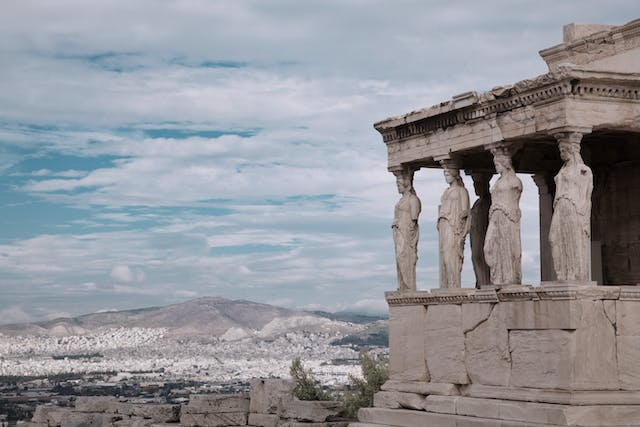
Photo by jimmy teoh via pexels 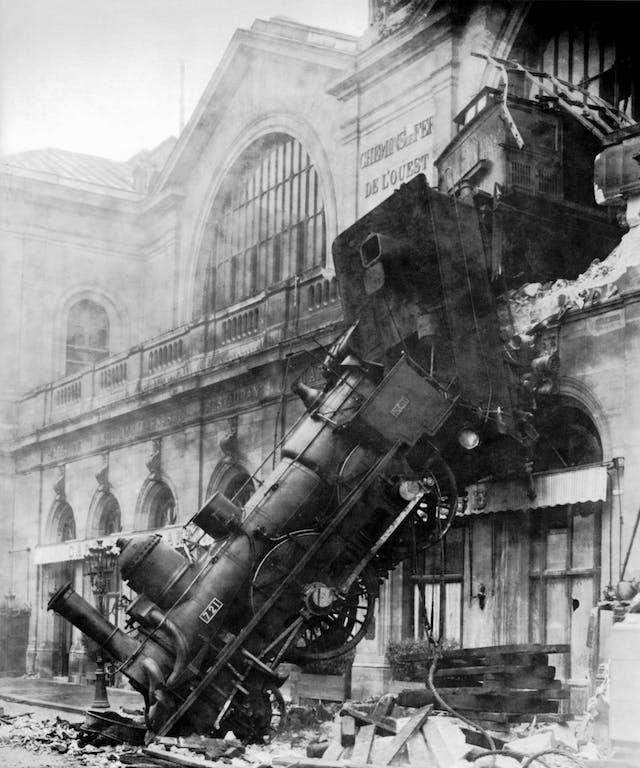
Photo by Pixabay via pexels -
Essay topic: A pirate of the Caribbean. What was the life of such a pirate like? Would you do something similar?
Answer:
In the sun soaked waters of the Caribbean, where the azure sea meets the golden shores, the lore of pirates echoes through the ages. Imagining the life of a Caribbean pirate conjures images of swashbuckling adventures, hidden treasures, and a life lived on the edge of the known world. But beneath the romanticized tales lies a reality shaped by danger, uncertainty, and the call of the open sea.The life of a Caribbean pirate was one of paradoxes, freedom juxtaposed with peril, camaraderie entwined with betrayal. These marauders of the sea sailed under the black flag, forging a lawless existence where rules were unwritten, and codes of conduct were as changeable as the winds that billowed their sails. The allure of boundless treasures, stolen from merchant ships and hidden on remote islands, fueled their daring exploits.
Yet, the life of a pirate was far from idyllic. Battles at sea, scurvy, and the constant threat of capture cast a shadow over the romanticized image. Discipline on pirate ships was harsh, often enforced through the ominous "Articles of Agreement". The pirate's code demanded obedience, and mutiny was met with ruthless consequences.
Would I do something similar? The allure of a pirate life, with its sense of freedom and the thrill of the unknown, is tempting in the realm of imagination. However, the reality of a pirate's existence, marked by violence, hardship, and an early demise, tempers the romantic notion. The Caribbean pirate, with all its mystique, remains a fascinating chapter in history but one better admired from the pages of a book than lived on the tumultuous seas.
The life of a Caribbean pirate, with its daring escapades and perilous undertakings, remains a captivating tale woven into the fabric of maritime history. While the allure of such a life is undeniable, the harsh realities endured by these sea-bound outlaws give pause for reflection. The pirate life, lived on the knife edge of danger and freedom, is a reminder that the romanticized allure of adventure often conceals the hardships and perils beneath the surface.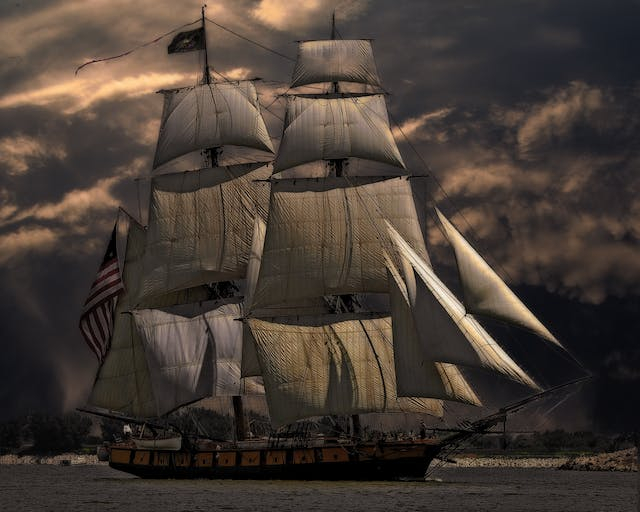
Photo by Pixabay via pexels 
Photo by Zeyneb Alishova via pexels























